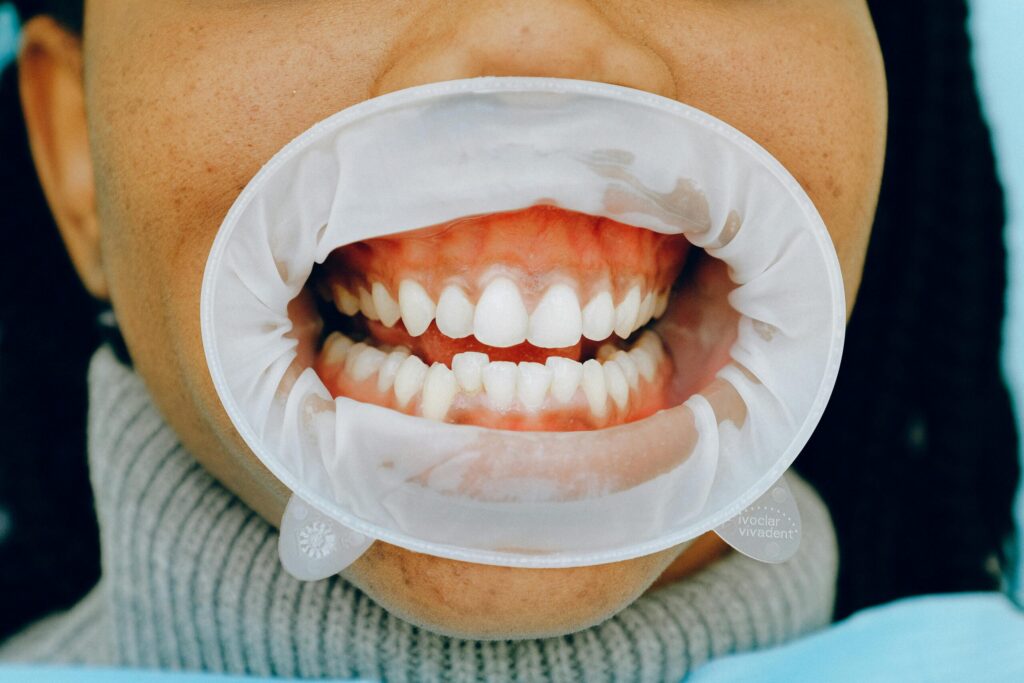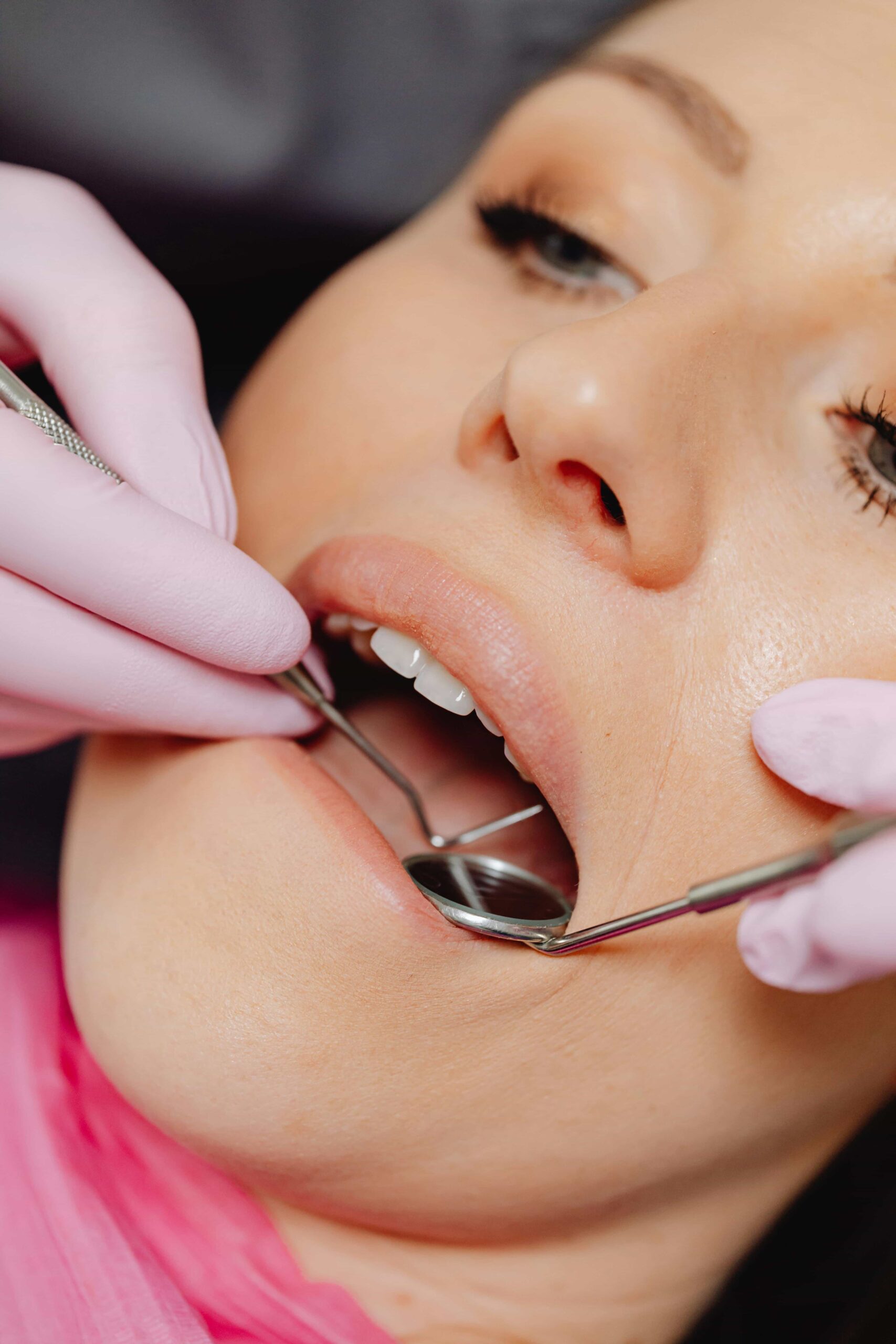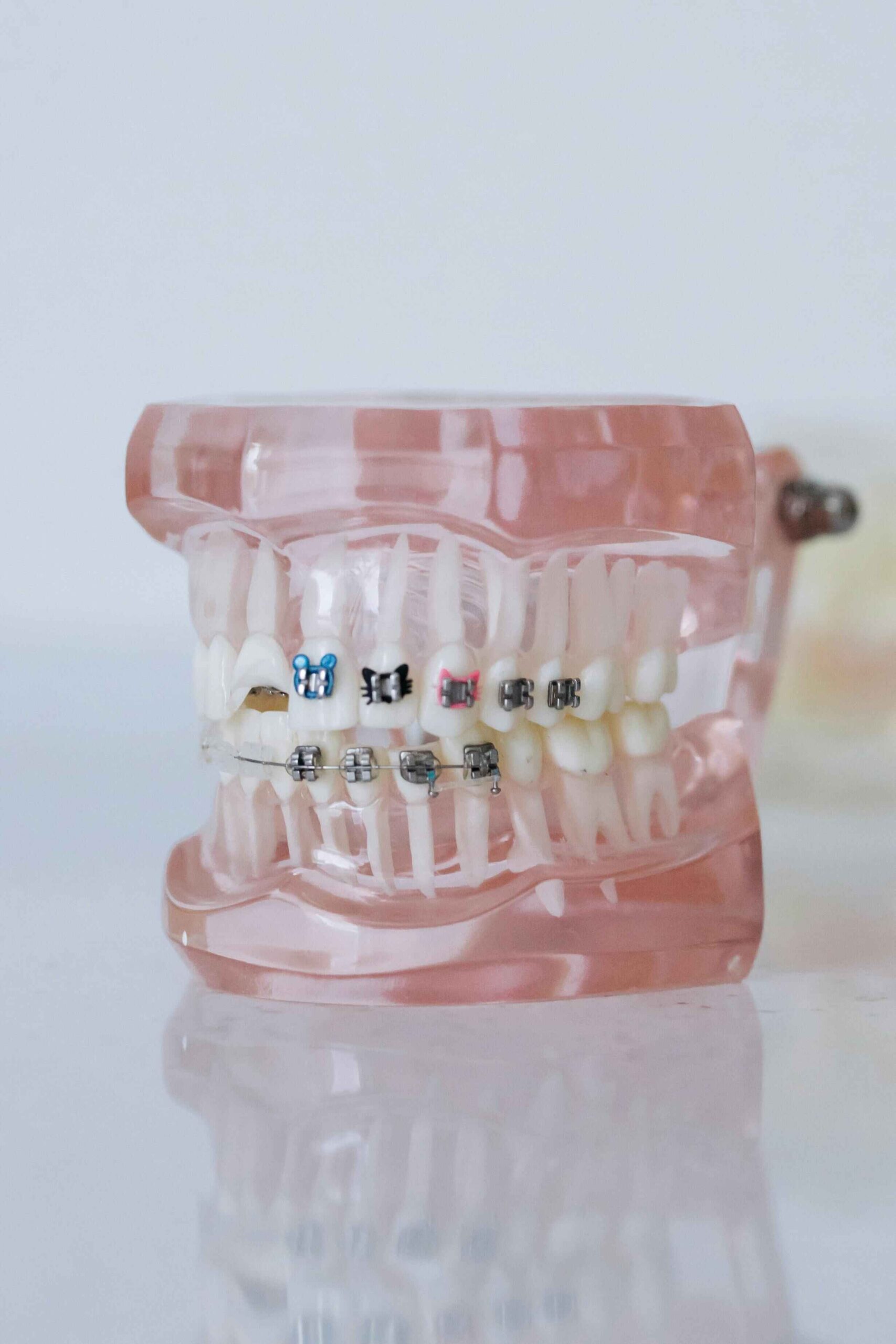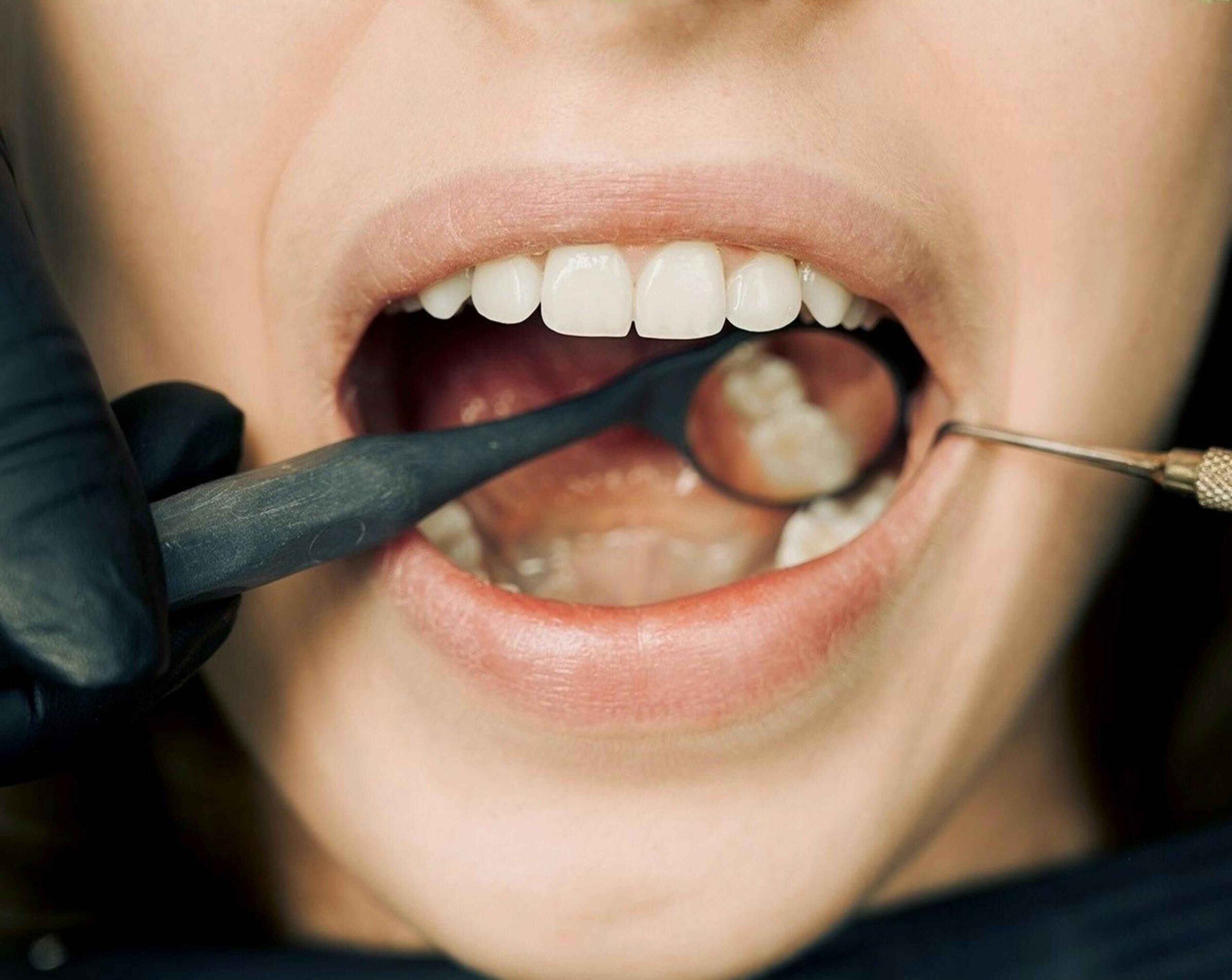Navigating the world of orthodontics can be intimidating, especially when you’re facing a sea of unfamiliar terms and procedures. However, asking the right questions during your orthodontic consultation can transform this experience into an enlightening and empowering one. It’s not just about getting braces or aligners; it’s about making informed choices for your oral health and overall well-being.
This guide will arm you with the top questions to ask during your consultation, ensuring that you’re prepared to make the best decisions for your smile.
Importance of an Orthodontic Consultation
An orthodontic consultation is more than a preliminary appointment. It serves as the foundation for your entire orthodontic treatment. During this session, you’ll have the opportunity to understand the scope of your treatment options and learn about the benefits and potential challenges of each.
This is your chance to assess the orthodontist’s expertise and approach, ensuring they align with your personal preferences and expectations.
Building trust with your orthodontist is crucial. A comprehensive consultation helps establish a strong patient-provider relationship, ensuring you feel comfortable and confident throughout your treatment. When both parties communicate openly and clearly, it minimizes misunderstandings and maximizes the potential for successful outcomes.
Furthermore, an in-depth consultation allows for personalized treatment planning. Each smile is unique, and your orthodontic plan should reflect that individuality. Through thorough discussions and assessments, you and your orthodontist can develop a strategy tailored to meet your specific needs and goals.
The Top 7 Questions to Ask Your Orthodontist
To make the most of your consultation, arrive armed with questions that can provide clarity and direction. These inquiries will help you gather essential information, enabling you to make informed decisions about your treatment.
Understanding the nuances of each question can lead to valuable insights. Whether it’s about treatment options, costs, or post-treatment care, each question serves a purpose in building a comprehensive understanding of the orthodontic process.
Let’s break down the top questions you should consider:
- What Are My Treatment Options?
- How Long Will My Treatment Take?
- What Are the Costs Involved?
- Can I See Before and After Photos of Your Patients?
- What Are the Possible Risks or Complications?
- How Should I Prepare for My Orthodontic Treatment?
- What Happens After My Treatment?
Question 1: What Are My Treatment Options?
One of the first things you’ll want to know is the range of treatment options available to you. Options vary widely and may include traditional metal braces, ceramic braces, or clear aligners like Invisalign or Spark Clear Aligners. Each option has its own set of benefits and considerations.
Traditional metal braces, for instance, are known for their effectiveness and durability. They’re often a go-to choice for complex cases. Ceramic braces offer a less noticeable alternative for those concerned about aesthetics, while clear aligners provide flexibility and discreteness, ideal for those with an active lifestyle.
Discussing these options with your orthodontist will help you understand which method aligns best with your lifestyle and dental needs. Each option’s suitability depends on factors such as the severity of your misalignment, aesthetic preferences, and budget.
Question 2: How Long Will My Treatment Take?
Treatment duration is another important factor to consider. On average, orthodontic treatments can last anywhere from six months to three years, depending on the complexity of the case and the type of treatment chosen.
Understanding the timeline helps set realistic expectations and allows you to plan your personal and professional life accordingly.
Factors such as patient age, oral health, and compliance can significantly affect treatment length. Younger patients often experience quicker results due to the ongoing growth and flexibility of their oral structures. However, adults can also achieve excellent outcomes with the right treatment and dedication.
Discuss your treatment timeline with your orthodontist to gain a clear understanding of what to expect. This will also give you the opportunity to discuss any special circumstances or constraints that might influence the duration of your treatment.
Question 3: What Are the Costs Involved?
Orthodontic treatments can represent a significant financial commitment, so understanding the costs involved is crucial. Costs can vary based on the complexity of your case, the type of treatment, and your geographic location. It’s important to discuss all financial aspects upfront to avoid surprises later on.
Inquire about payment plans and insurance coverage. Many practices, including us here at Wagner Orthodontics, offer flexible payment options to ease the financial burden. Additionally, some insurance plans may cover part of the cost, so it’s worthwhile to check your coverage details in advance.
Understanding the financial commitment helps you plan your budget accordingly and ensures that you can maintain the treatment without financial strain.
Question 4: Can I See Before and After Photos of Your Patients?
Seeing visual evidence of an orthodontist’s work can be incredibly reassuring. Before and after photos provide a tangible sense of the potential outcomes and the quality of work you can expect. These images can also help set realistic expectations about the results you might achieve.
When reviewing these photos, pay attention to cases similar to your own. Ask about the challenges and successes encountered in those particular cases. This information can provide valuable insights into what your own treatment process might involve.
Discussing these examples with your orthodontist also opens the door to conversations about any specific concerns or desires you have for your treatment outcome.
Question 5: What Are the Possible Risks or Complications?
Like any medical procedure, orthodontic treatments come with potential risks and complications. Understanding these risks is essential for making an informed decision. Common concerns may include tooth decay due to difficulty cleaning around braces, temporary discomfort, or minor injuries from protruding wires.
Ask your orthodontist to outline these risks and discuss how they plan to mitigate them. Understanding the proactive measures taken to ensure your safety and comfort can provide peace of mind.
A thorough discussion of potential risks and complications allows you to prepare for any challenges that may arise and strengthens your confidence in the treatment process.
Question 6: How Should I Prepare for My Orthodontic Treatment?
Preparation is key to a smooth treatment experience. Ask your orthodontist for advice on how to prepare both mentally and physically for your orthodontic treatment. This might include adopting specific oral hygiene practices or dietary adjustments.
Maintaining excellent oral hygiene is crucial to prevent decay and gum issues during treatment. Your orthodontist may recommend specific tools or techniques to help you keep your teeth and braces clean.
Dietary modifications, such as avoiding sticky or hard foods, can also help prevent damage to your braces or aligners. Understanding these guidelines will set you on the path to success from day one.
Question 7: What Happens After My Treatment?
Post-treatment care is an often-overlooked aspect of orthodontics but is crucial for maintaining your results. Ask about the post-treatment process, including why you should use retainers after braces.
Your orthodontist will provide guidance on how often to wear your retainer and schedule follow-up appointments to monitor your progress. Regular check-ins ensure that your teeth remain in their new positions, preserving your investment in orthodontic treatment.
Discussing post-treatment care in detail prepares you for the long-term commitment required to maintain a healthy, beautiful smile.
Conclusion
Your orthodontic consultation is a valuable opportunity to gather the information needed to make informed decisions about your treatment. By knowing the questions to ask your orthodontist, you’ll gain insight into the various treatment options, costs, and expected outcomes. This proactive approach ensures that you enter the process with confidence and clarity.
At Wagner Orthodontics, we strive to provide the highest quality care with a focus on comfort and personalized treatment. Our experienced team is here to support you every step of the way. Ready to take the next step? Book your consultation with us today and let’s start your journey towards a healthier, more beautiful smile.
